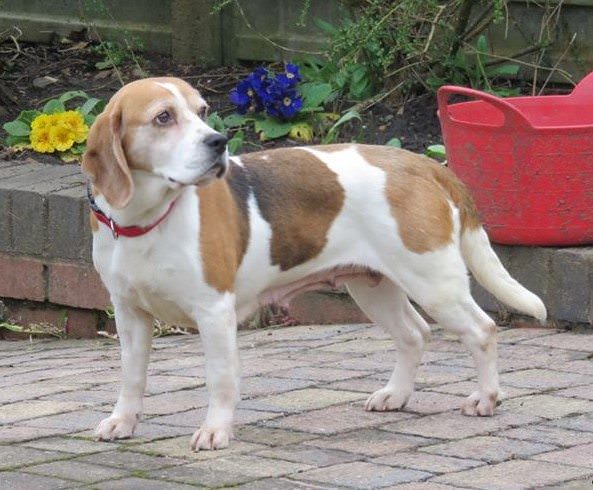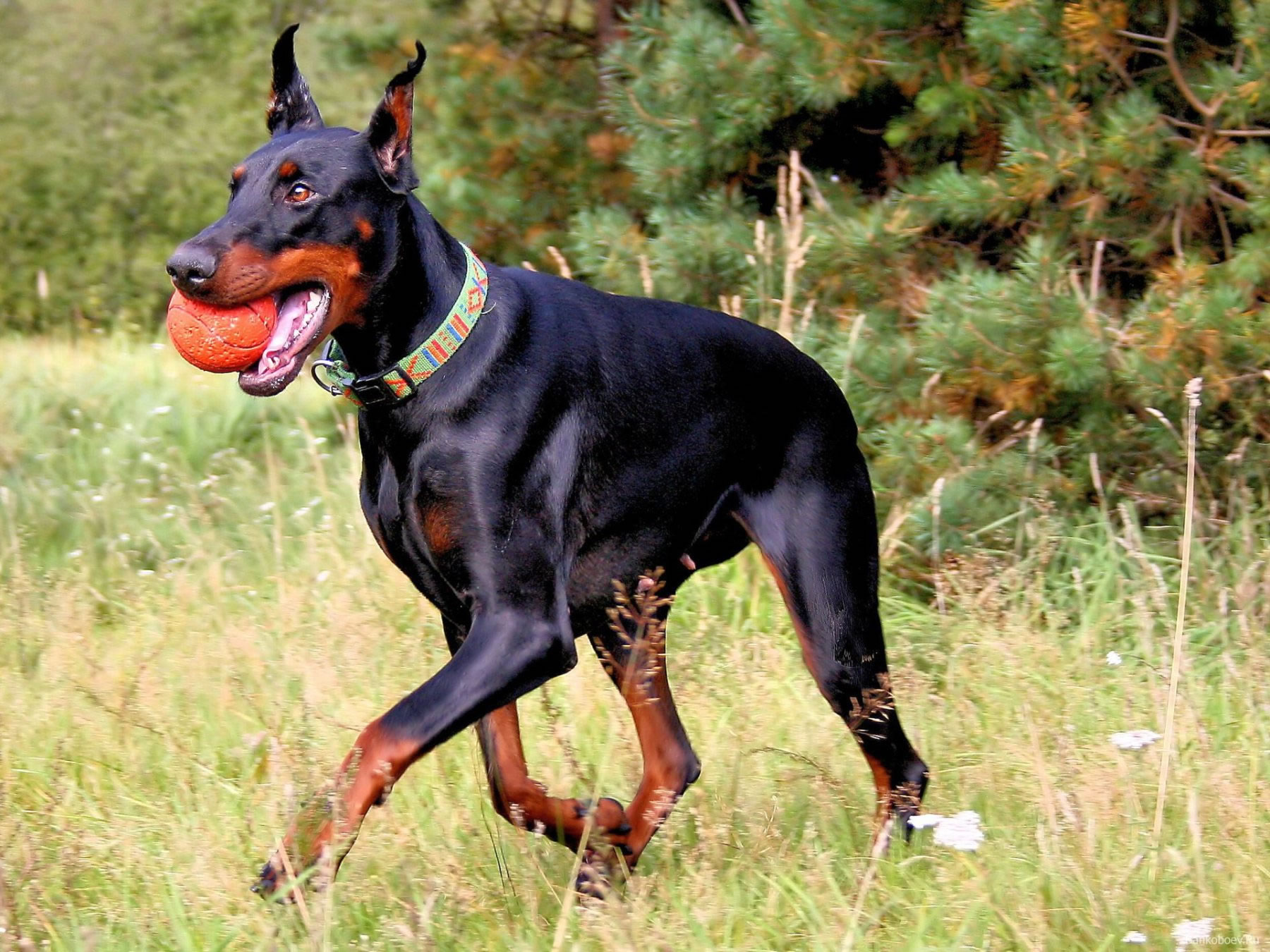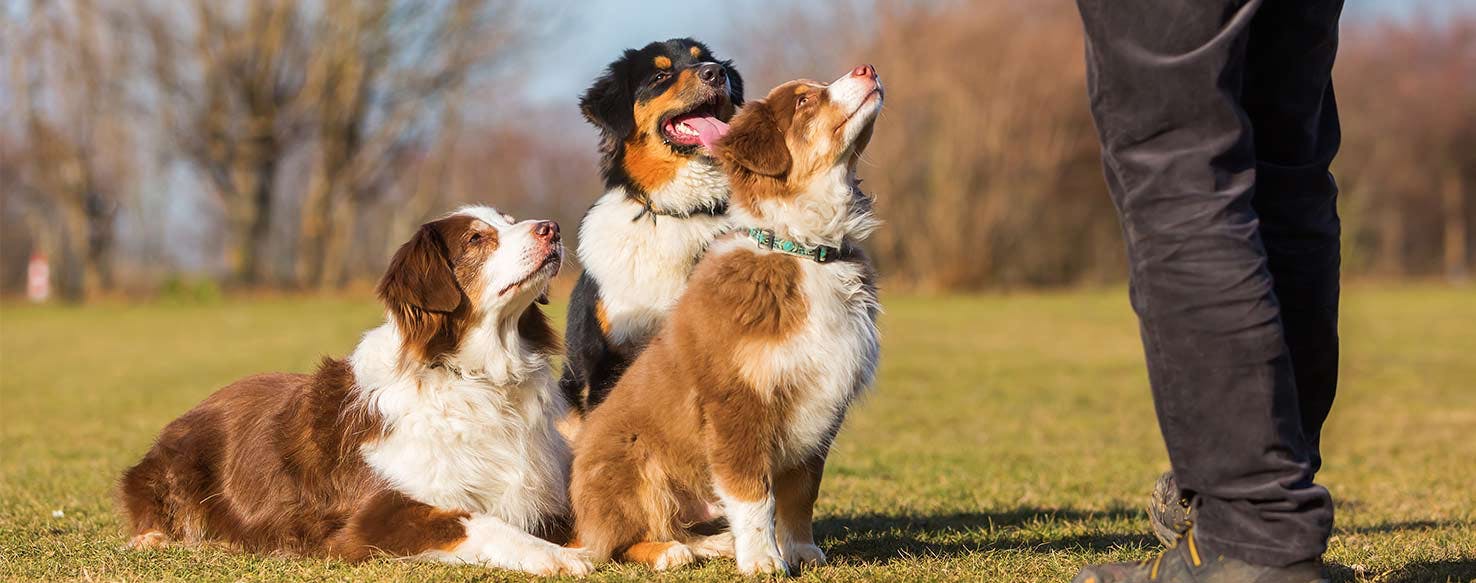.
 Reader’s Query from Bapsy Dumasia: I’ve been having a wonderful time training my Doberman to fetch. However, I have a small problem – when he returns with the ball, I can’t get him to release or drop it. I have tried changing the tone of my voice, but it doesn’t work. A tap on the snout makes him drop it, but I don’t want to do it all the time. Can you suggest something that will help?
Reader’s Query from Bapsy Dumasia: I’ve been having a wonderful time training my Doberman to fetch. However, I have a small problem – when he returns with the ball, I can’t get him to release or drop it. I have tried changing the tone of my voice, but it doesn’t work. A tap on the snout makes him drop it, but I don’t want to do it all the time. Can you suggest something that will help?
Shirin Answers: The retrieving behaviour is often innate in most breeds of dogs. However, when we play the game with our young pups we often tend to snatch away the toy whenever the dog brings it back to us, causing the dog to hold on to the toy, rather than give it up and end the game.
All you need to do is a bit of motivation. One of the best ways to get your dog to give you the toy is the trade method. It is a barter that avoids unpleasant confrontations with your dog and makes both parties happy. Your dog gives you the toy and he gets an item of equal or greater value – it can be another toy or a tasty treat. Start the game by hiding the other toy (preferably a similar ball) or treat behind your back and throw the ball for your dog. When he returns with it, show him the other ball or treat and in a calm voice ask him to leave his toy. Give your dog time to think out the barter. When he realises that you have something better, he will let go readily. When he does, first praise him and then let him have the treat or a game with the other toy.
If he won’t drop the ball for your chosen toy or treat, then you are using a reward that isn’t important enough. Switch to another

reward. Practice this for a few sessions spread out over a week, till your dog understands the command and readily gives up his ball in favour of a similar one or a treat. When you get to this stage, you should stop advertising the reward; keep it hidden and only give it to him when he releases the ball on command.
At no point should you force or threaten your dog into giving up the ball. Remember that you are giving your dog a choice, not forcing him. It is also wrong to show your dog the reward and then withdraw it at the last moment. Offering a reward and then not following through creates distrust.
Reader’s Query from Vispi Cowasji: I have taught my dog to heel by my side, which he does very well until he sees another dog on the road. Once distracted, it is difficult to get his attention back on the task. When I practise with him on my terrace, he is perfect. Why does this occur only when we are out? Can you pinpoint what the problem is?
 Shirin Answers: Any good trainer knows that training a dog to obey a command is easy. Getting the dog to obey the command when there are distractions is the difficult part. After all, on the street you are competing with a lot of interesting things, like different sights, sounds and smells. To get your dog to pay attention to you and not another dog is simple – make yourself more interesting than the distractions. The next time you take your dog for a walk, carry along his favourite toy and some tasty treats. When a passing dog distracts him, call out to him in an enthusiastic voice and show him the treat and/or the toy, and coax him to keep his attention on you. Keep talking to him and giving him small pieces of the treat till the other dog passes by. It would be a good idea to periodically pull out a toy or treats, when out for a walk, and use them to get your dog’s attention. Not only will it make your dog more alert and attuned to you, it will also help make the walk more enjoyable and livelier for both of you!
Shirin Answers: Any good trainer knows that training a dog to obey a command is easy. Getting the dog to obey the command when there are distractions is the difficult part. After all, on the street you are competing with a lot of interesting things, like different sights, sounds and smells. To get your dog to pay attention to you and not another dog is simple – make yourself more interesting than the distractions. The next time you take your dog for a walk, carry along his favourite toy and some tasty treats. When a passing dog distracts him, call out to him in an enthusiastic voice and show him the treat and/or the toy, and coax him to keep his attention on you. Keep talking to him and giving him small pieces of the treat till the other dog passes by. It would be a good idea to periodically pull out a toy or treats, when out for a walk, and use them to get your dog’s attention. Not only will it make your dog more alert and attuned to you, it will also help make the walk more enjoyable and livelier for both of you!
Reader’s Query from Behroz Jehangir: My two dogs – a ten-year-old Labrador and a four-month-old Boxer are over-attached to each other. Initially we got the puppy to keep our older dog company when we go out, but she has become so attached to our Labrador that she will whine and throw a fit if she is separated from him. This is creating problems for us, as we cannot get the puppy to do anything on her own. How can we get her to be less attached to our older dog?
Shirin Answers: Your puppy is probably spending more time with your other dog than with you or members of your family. This has led her to become dependent on the Labrador’s presence to the point where she will fret unnecessarily without him. She needs to learn that the world still revolves when her ‘big brother’ isn’t around. It would be good for both dogs to spend some one on one time with you each day, away from the other dog. Now would also be a good time to introduce your dog to training, as it will improve her behaviour and confidence, as well as focus her mind on you instead of always on your Labrador.
Reader’s Query from Roxanne Kavarana: I will be shifting to Mumbai from Pune in a couple of months. I am worried how my six-year-old Beagle will take to the new place. She has lived in a large house with a compound all her life. In Mumbai I will be staying in an apartment. What can I do to make the move less traumatic for her and help her adjust in the new home?
Shirin: Before you move, if possible, take your dog for a weekend trip to Mumbai to check out the new house. Let her sniff around the place and get a feel of it. Do take along her food and water bowls and bedding so that she can start adjusting to the place. It would also be a good idea to take her on a leashed walk around the new neighbourhood so she can sniff the local dogs’ marking spots and leave a few of her own.
It is often upsetting to dogs to watch familiar things being packed into boxes and being removed from the home. When the time comes to shift, pack your dog’s belongings last – so that she has her belongings with her till the last minute and unpack her box first when you get to the new place. It would also help to stick to her usual routine when you shift. Make sure she is fed, walked and played with regularly and on time – it will help her settle down quickly.
Do make sure you find a vet in your new area before you shift in, in case of an emergency and update your dog’s I.D. tag with your new address and telephone number.
Parsi Times invites our readers to send in your pet-related queries to be answered by Shirin Merchant. Mail in your queries at editor@parsi-times.com
- Cracking The Canine Contentment Code: What Makes Dogs Happy - 10 August2024
- The Dark Side Of Pampered Pets: Is Your Kindness Harming Your Dog? - 16 March2024
- Kids And Preventing Dog Bites - 18 March2023
